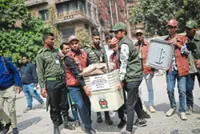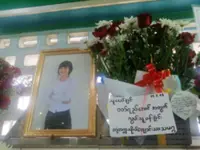
DEMOCRACY, as we understand it in Malaysia, means every eligible citizen can cast one vote for one person or party at the federal level and one vote at the state level. There is supposed to be another vote at the council level but we do not practise that, not since I became eligible to vote decades ago, anyway.
Follow us on our official WhatsApp channel for breaking news alerts and key updates!
Thank you for your report!






